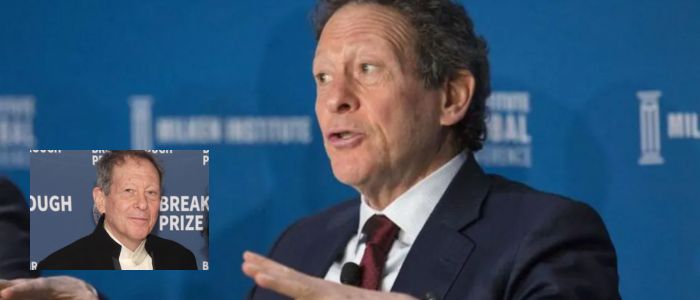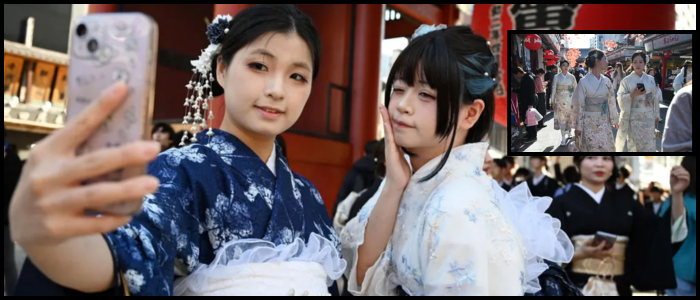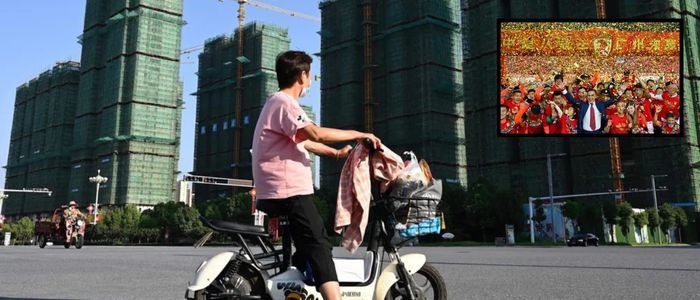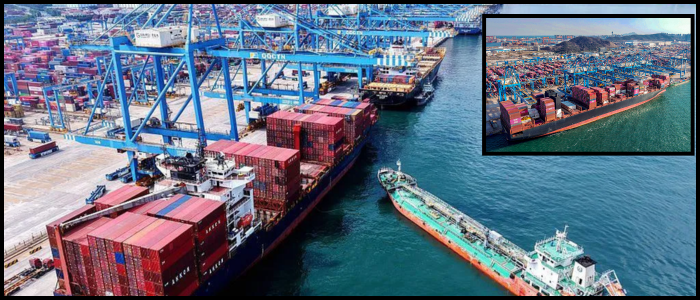The most recent meeting in London was requested by the US in a telephone call, it was claimed. As Trump continued to claim victory publicly, Beijing was more restrained, knowing that it now had more leverage. This increasing confidence is based in part on the recognition that Trump’s hard-line may not be as firm as it looks.
Rare Earth and a Shift in Balancing Power
China’s chokehold on the rare earth supply chain has emerged as one of the most powerful weapons at its disposal. These minerals, which are needed to produce everything from smartphones to military jets, were a focal point in the talks. China imposed export controls on some rare earths in April with global rippling effects. The US therefore called for the resumption of shipments, and China promised to expedite licenses, sparking a partial thaw in tensions.
As part of the agreement, the Trump administration lowered some of its tariffs from 15 percent to 7.5 percent and called off new ones, but tariffs on many other Chinese goods remain high — reportedly at around 55 percent — and China still faces barriers to acquiring technology from the United States. Then, the US seems more interested in seeing a deal through than China, especially when Chinese rare earth export delays cut off key US industries.
China also sent a signal by listing on a roster of controlled substances a number of synthetic opioids, including citizens, a move that came after American pressure to do more to stop shipments of fentanyl.
Trump’s Whims and China’s Game
And now Beijing regards Trump himself as a strategic wild card. With a reputation for making policy on the fly, a surprise decision from Mr. Trump gives China space to maneuver in the continuing negotiations. “TACO” — for Trump Always Chickens Out — is now in China’s popular lexicon as cynics in Beijing question whether the US president will drop the tough trade talk.
Although Mr. Trump has described the latest deal as a “done” agreement, there are still major issues that must be addressed. Chinese officials said the agreement is part of continuing negotiations, not a final deal. Beijing wants a far wider-ranging pact that addresses not just tariffs but export controls, technology access, and entry into the market there.
Chinese leaders say that although they are ready to take a tough stance against any pressure from the United States, they ultimately want to engage in talks. The recent developments mark a turning point in China’s perspective of its place on the global economic stage: no longer a passive player, it is now an active negotiator on equal economic footing.
Business
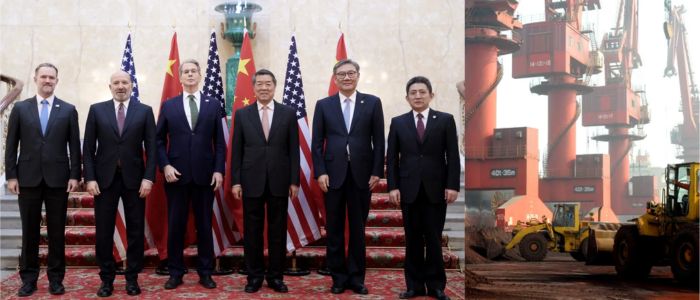
China Gains Leverage in Latest US Trade Negotiations

When President Trump declared a new trade pact with China last week, Chinese leaders were noticeably cool, if not downright skeptical, voicing incomprehension that the Americans thought they had a deal. While the latest agreement resembles the truce reached in May, which later fell apart, China is more keenly aware than it was then of the leverage it can wield — notably through its control of rare earth minerals so important to American industries.








